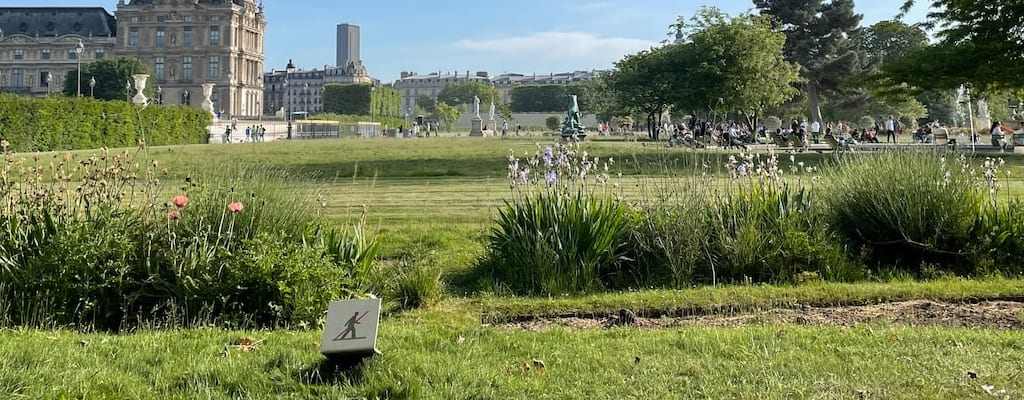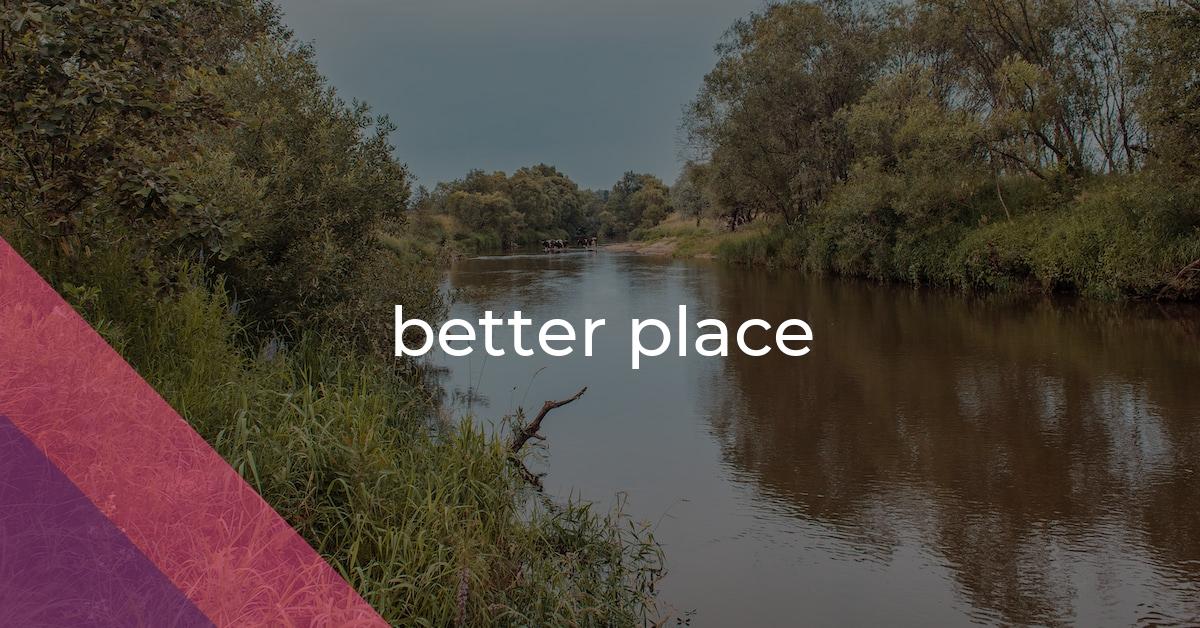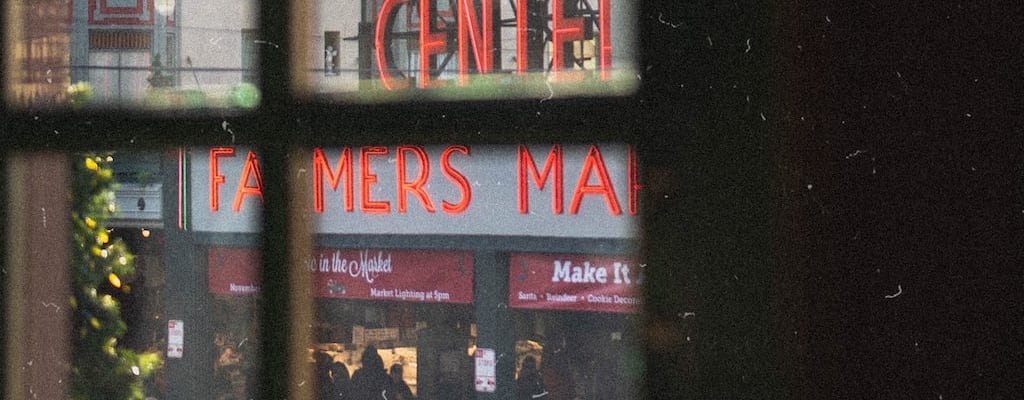better place: Idiom Meaning and Origin
What does ‘better place’ mean?
The idiom "better place" is used to describe a hypothetical or idealized situation or location that is considered to be better than the current one.

Idiom Explorer
The idiom "place to be" refers to a location or event that is considered popular or important in a given context. It suggests that being present in that particular place or participating in that event is desirable or advantageous.
"Every which where" is an idiom used to emphasize that something or someone is located or moving in multiple directions or places. It conveys a sense of confusion, disorder, or chaos.
The idiom "Elysian Fields" refers to a blissful or ideal place or state, often used to describe heaven or a perfect and peaceful afterlife.
The idiom "easier said than done" means that something is much more difficult to accomplish than it sounds or appears to be.
The idiom "down the road" means in the future or at a later time.
An idiom meaning to take shortcuts or do something in a faster or easier way, often sacrificing quality or thoroughness. It is used to describe a situation where someone tries to save time, money, or effort by finding an easier or quicker way to achieve a goal.
An idiom used to describe something ordinary, typical, or unremarkable.
The idiom "come from a good place" means to have good intentions or to have genuine and sincere motives in one's actions or words.
The idiom "between a rock and a hard place" means being in a difficult situation where there are no good options or choices available.
Decoding the Significance
The idiom "better place" is a commonly used expression in the English language. It is often used to convey the idea of an improved or more ideal situation or location. The term "better" in this context refers to a state of improvement or advancement, while "place" can be interpreted as a physical or metaphorical location.
The origin of this idiom is rooted in the natural human inclination to seek improvement and progress. People are always striving for a "better place" because it represents a more favorable environment or circumstances. It reflects the aspiration for personal or collective growth and development.
An interesting related idiom is "place to be," which means a location that is considered the most exciting or desirable at a particular time. People are drawn to a "place to be" because it offers the best opportunities and experiences. It is a place where they feel they can truly thrive and be their best selves. The idiom "place to be" captures the essence of seeking a "better place" because it signifies the desire for a location that offers the most advantages.
The idiom "at places" is another expression related to the concept of a "better place." When someone says they are "at places," it means they are going to various locations or experiencing different situations. This idiom emphasizes the idea of exploring different environments and seeking out opportunities. It implies a willingness to move around and try new things, all with the intention of finding a "better place" that suits their needs and desires.
Another idiomatic expression associated with the desire for a "better place" is "better for it." This phrase suggests that going through a challenging or difficult experience ultimately leads to a more positive outcome. It implies that the struggle or hardship is necessary for personal growth and improvement. When someone says they are "better for it," they are acknowledging that the journey to a "better place" often involves overcoming obstacles and learning from them.
The idiom "at the best of times" is yet another phrase related to the concept of seeking a "better place." When someone says that something is difficult or challenging "at the best of times," they are emphasizing that the situation is already problematic, even in the most favorable circumstances. This idiom highlights the idea that some situations are inherently difficult, regardless of whether they are improved or not. It suggests that striving for a "better place" is especially important in such challenging circumstances.
Finally, one idiomatic expression that aligns with the notion of a "better place" is "best bet." When someone says that something is their "best bet," they mean that it is their most favorable or practical option. It suggests that they have considered multiple alternatives and determined that this particular choice offers the greatest chances of success or improvement. The idiom "best bet" reflects the idea of seeking a "better place" by selecting the most promising path or option.
Context and individual perspectives play a crucial role in understanding the precise meaning and intention behind the use of the idiom "better place" and its related idioms. They allow individuals to express their longing for a more favorable environment, both tangibly and metaphorically. Whether referring to an afterlife, figurative circumstances, or emotional well-being, these idioms capture the universal aspiration for improvement and the pursuit of a brighter future.
Example usage
1. After years of suffering, she finally found a better place in life where she was happy and fulfilled.
2. Many people believe that their loved ones who have passed away are now in a better place, free from suffering.
3. The company decided to relocate to a new city in order to find a better place with more opportunities for growth.
More "Environment" idioms



